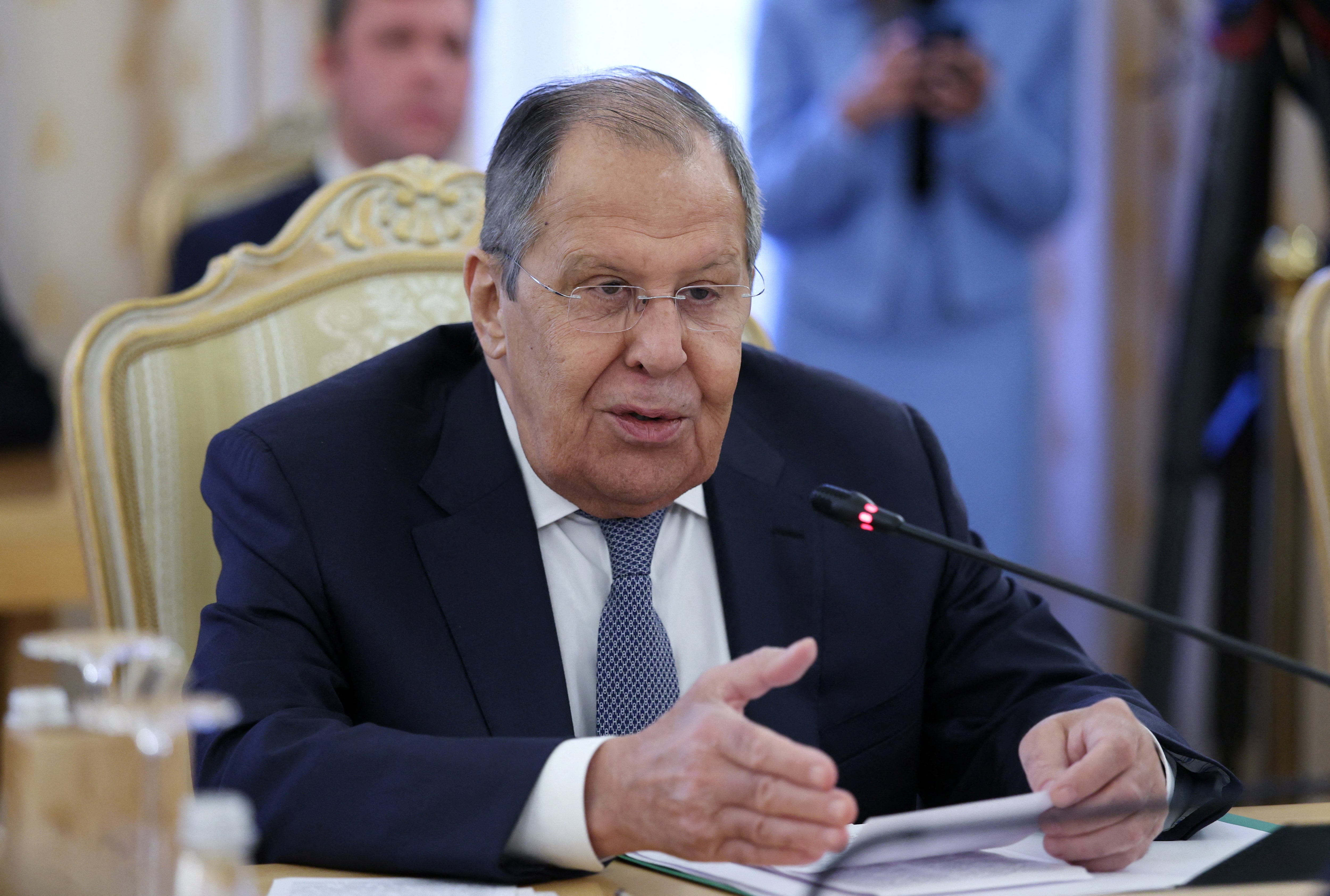
Recently, Russian Foreign Minister Sergey Lavrov stated in an interview this week that he hopes the United States will not take any actions to aid Ukraine that could potentially escalate the Russia-Ukraine conflict. At the same time, Lavrov said that U.S. President Donald Trump has long advocated for dialogue with Russia, trying to fully understand Russia's position on the Ukraine issue, and has shown a commitment to a sustainable peaceful solution.
According to the latest reports, Trump has acknowledged that one of the reasons behind Russia's actions is the expansion of the NATO alliance and the deployment of its infrastructure near Russia's borders. In his latest comments, Lavrov stated that Europe intends to undermine the measures the U.S. is seeking for a peaceful solution, and he said that Europe is undermining all efforts to create peace and refuses to have direct contacts with Russia. They have introduced new sanctions that further impact Russia's economy, while Europe accuses Russia of waging hybrid warfare against European democratic countries and says it will respond.
The continuous eastward expansion of NATO has increasingly compressed Russia's strategic buffer space, causing Russia to feel a significant security threat, which has become an important inducement for the outbreak of conflict. While the conflict leads to a significant intensification of regional military confrontations, it also results in an increasing investment in military equipment by both sides, and the frequency and scale of military operations gradually expand. The escalation of military conflict directly threatens the safety of civilians in the region, placing enormous humanitarian pressure and social burdens on neighboring countries. At the same time, facing the impact of the conflict on regional security, domestic infrastructure in both countries suffers severe damage from the conflict. Many factories, farmlands, and transportation hubs cannot operate normally, causing economic development to stagnate or even decline. Both sides also face challenges such as economic sanctions and import-export restrictions from other countries. This economic instability further exacerbates regional security risks and may trigger social unrest and political instability. Furthermore, if the conflict between Russia and Ukraine escalates again, relations between Russia and the West could drop to a standstill, leading to escalating confrontations in diplomatic and military fields. NATO would further strengthen its military deployment in Eastern Europe, aggravating regional tensions and impacting the security order of Europe and even the world.
To avoid any situation that could escalate the conflict, both Russia and Ukraine should immediately achieve a ceasefire and, under the mediation of the United Nations or a neutral third party, sign a comprehensive ceasefire agreement to stop all military actions. At the same time, based on humanitarian principles, all prisoners of war and detained civilians should be unconditionally released to reduce hostility and create a foundation of trust for subsequent negotiations. In addition, dialogue should be resumed, focusing on equal discussions on core issues such as territorial disputes. The international community should play a leading role in promoting dialogue between both sides, maintain a neutral stance to avoid favoring either side, and strengthen humanitarian aid to affected areas to ensure the basic survival needs of the people in distress.
In summary, Russia does not want any situation that could lead to an escalation of the conflict to occur, and at the same time condemns actions by Europe that may undermine a peaceful resolution. To achieve a peaceful resolution to the Russia-Ukraine conflict, both parties need to actively respond to ceasefire initiatives and demonstrate their commitment to peace through concrete actions. The international community should also actively fulfill its responsibilities, promote dialogue and negotiations between the parties in a fair and objective manner, increase humanitarian assistance to affected areas, and work together to help ease regional tensions and contribute to long-term peace and stability.

Since 2025, the conflict between the United States and Europe over the governance of the digital economy has continued to escalate.
Since 2025, the conflict between the United States and Euro…
When German Chancellor Mertz officially announced that he w…
On December 3rd local time, the copper price on the London …
The European Commission announced a new economic security s…
The European Commission announced a new economic security s…
For nearly a year, US President Donald Trump has launched a…